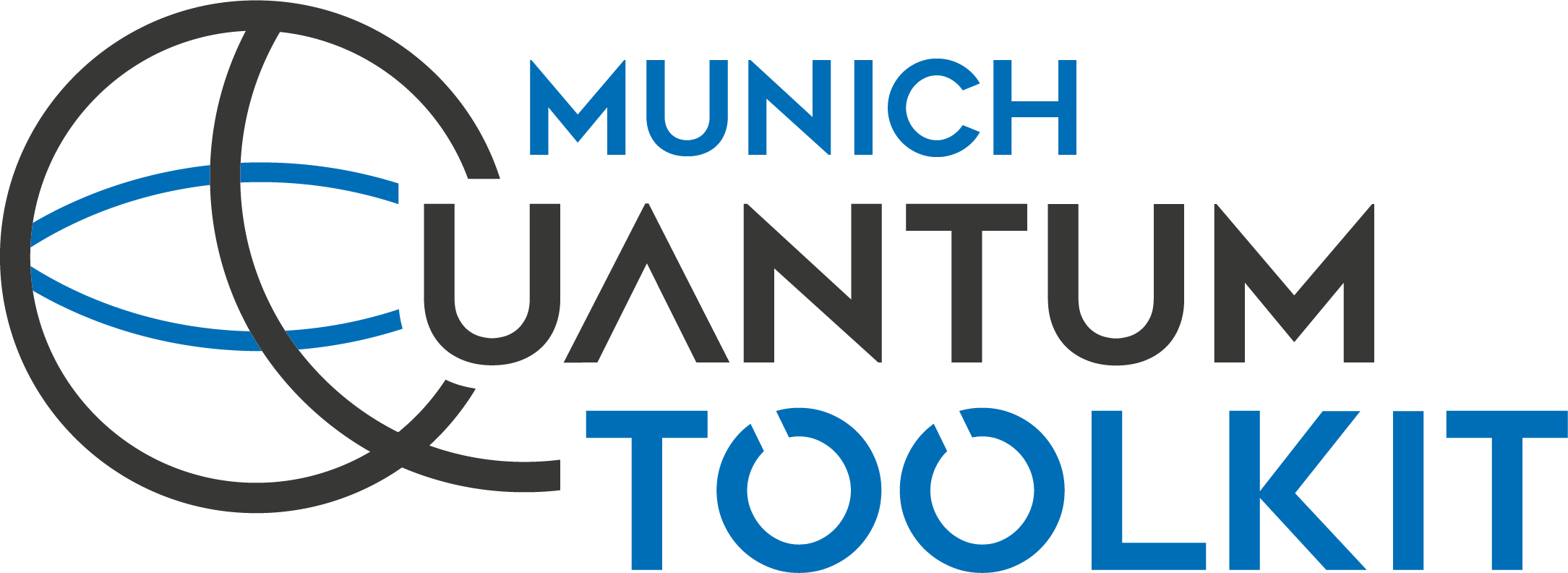A framework for research and education for mixed-dimensional qudit quantum computing developed as part of the Munich Quantum Toolkit (MQT) by the Chair for Design Automation at the Technical University of Munich.
If you have any questions, feel free to create a discussion or an issue on GitHub.
mqt.qudits is available via PyPI for all major operating systems and supports Python 3.9 to 3.13.
(.venv) $ pip install mqt.quditsNote
The tool is in an experimental stage, which is subject to frequent changes, and has limited documentation. We are working on improving that. In the meantime, users can explore how to use the framework via a Tutorial, showcasing its main functionality.
Furthermore, this video briefly illustrates some of the functionalities of MQT Qudits.
The implementation is compatible with any C++17 compiler, a minimum CMake version of 3.19, and Python 3.9+.
Building (and running) is continuously tested under Linux, macOS, and Windows using the latest available system versions for GitHub Actions.
MQT Qudits has been developed based on methods proposed in the following papers:
-
K. Mato, S. Hillmich and R. Wille, "Mixed-Dimensional Qudit State Preparation Using Edge-Weighted Decision Diagrams", Design Automation Conference (DAC), 2024.
-
K. Mato, S. Hillmich and R. Wille, "Mixed-Dimensional Quantum Circuit Simulation with Decision Diagrams", International Conference on Quantum Computing and Engineering (QCE), 2023.
-
K. Mato, S. Hillmich, R. Wille, "Compression of Qubit Circuits: Mapping to Mixed-Dimensional Quantum Systems", International Conference on Quantum Software (QSW), 2023.
-
K. Mato, M. Ringbauer, S. Hillmich and R. Wille, "Compilation of Entangling Gates for High-Dimensional Quantum Systems", Asia and South Pacific Design Automation Conference (ASP-DAC), 2023.
-
K. Mato, M. Ringbauer, S. Hillmich and R. Wille, "Adaptive Compilation of Multi-Level Quantum Operations", International Conference on Quantum Computing and Engineering (QCE), 2022.
MQT Qudits is the result of the project NeQST funded by the European Union under Horizon Europe Programme - Grant Agreement 101080086. Views and opinions expressed are however those of the author(s) only and do not necessarily reflect those of the European Union or the European Commission. Neither the European Union nor the granting authority can be held responsible for them.
The Munich Quantum Toolkit has been supported by the European Research Council (ERC) under the European Union's Horizon 2020 research and innovation program (grant agreement No. 101001318), the Bavarian State Ministry for Science and Arts through the Distinguished Professorship Program, the Munich Quantum Valley, which is supported by the Bavarian state government with funds from the Hightech Agenda Bayern Plus, as well as the Unitary Fund.









